A clipboard-wielding woman accosted me this morning between Interpol and the luggage pickup in the Santiago airport. “Do you have any peanuts, almonds, food of vegetable origin?” she asked. In English and in Spanish, a little mantra: maní, almendras, peanuts, almonds? I told her I had some food, but that it was things like rice, no fruit, etc. I tried to pass by the apple-shaped garbage can emblazoned with the words “evite multas!” (avoid fines), but she cornered me. Did you declare the rice? she wanted to know. “No, but it’s legal,” I said. “But rice is a vegetable product!” she told me. And she pointed me to the customs form, and insisted that I fill out a new one, declaring my products of vegetable origin.
I will be honest. I don’t think much about SAG (Servicio Agrícola y Ganado), which is Chile’s version of the USDA. I pack my basmati rice (cheaper in the states, by a long shot), and my various and sundry food items, and blithely walk by. I’ve had them open my bags and wonder what pine nuts are, sure, but that’s the extent of it, (the great garlic debacle of 2008 notwithstanding).
So today when the clipboarded woman cornered me, I was not particularly thankful. I did not wish to fill out the form again before picking up my luggage, did not wish to check the little boxes and write NN (ningún nombre, no name) in the space where they ask for my maternal last name, which makes me seem like perhaps I was hatched rather than born.
But stop I did, and fill out the form I did. Chile has standards exceeding California’s when it comes to importing animal and plant products. Everything is regulated. Honey, dried fruit, seeds, beans, lentils, meat, milk products, and apparently, raw pecans. The crystallized ginger passed muster because it had silicon dioxide in it, and the pinenuts were cooked. The canned pumpkin was investigated, as was the rice, and deemed harmless. But the pecans, oh! the travesty of the pecans. They were raw. And they cost $5.99 from Trader Joe’s. And they’re probably sitting in a giant tub of items to be destroyed at SAG headquarters along with some salami and a round of cheese that someone tried to sneak in and a bag of trailmix that was neither salted nor sweetened and was free of preservatives. My pecans, I was told, could harbor bichos (bugs), because they had not be treated and were not cooked. Snappy comebacks featuring pecan weevils danced in my head, but my blabla filter was functioning, and so I lamented the loss of the pecans but otherwise stayed silent.
I considered my irritation at having taken five minutes to fill out a new form, and also at my indignation of having my pecans taken from me. And then I considered that the fine I had escaped by filling out a new form was two hundred dollars, or 3 U.T.M. (see below). And suddenly losing five minutes and writing “estadounidense” for the hundredth time on my new form and losing my pecans didn’t seem so bad. And at least my job doesn’t involve dragging luggage here and there and standing by a giant X ray machine. Thank you clipboard lady!
Que te sirva de moraleja: (let this be a lesson to you) Declare everything. And don’t be surprised if you leave the airport just a little bit lighter.
explanation: A U.T.M. is a measurement of money used for fines, not to be confused with the UF which is for health insurance, real estate, etc. They are multiples of the Chilean peso and are recalculated daily, and appear on the front page of the newspaper). This makes our lives “simpler.”
Also, an unidentified source reports that SAG at the airport has a new boss and that he’s taking a hard line. Another unidentified source muses that perhaps the fines on raisin-toting foreigners who are ignorant of the strictness of SAG’s rules are financing TranSantiago, the new, disastrously complex, inefficient and totally overbudget transportation system here in Santiago . What the hundred-something dollar reciprocity fee (one time per passport) pays for is anyone’s guess.

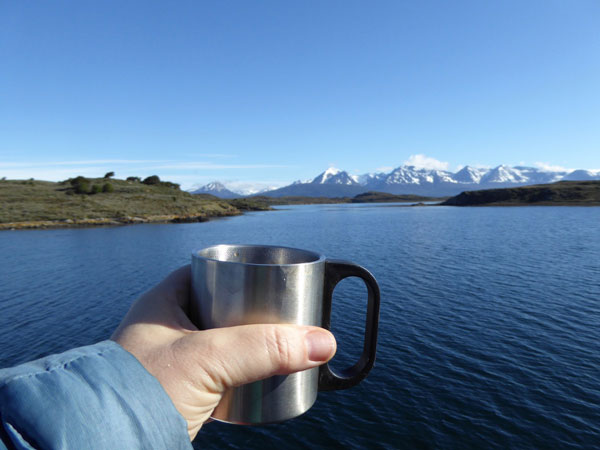
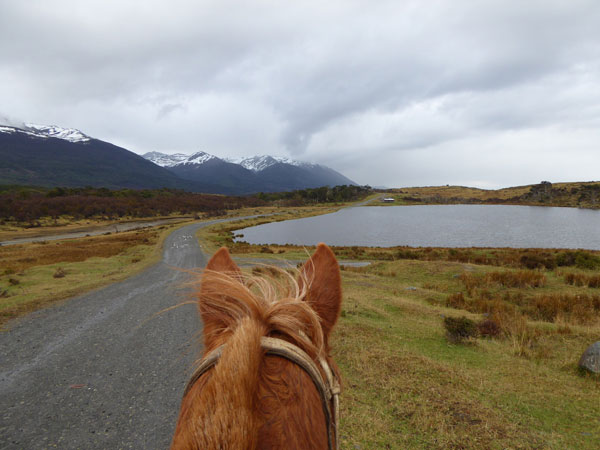

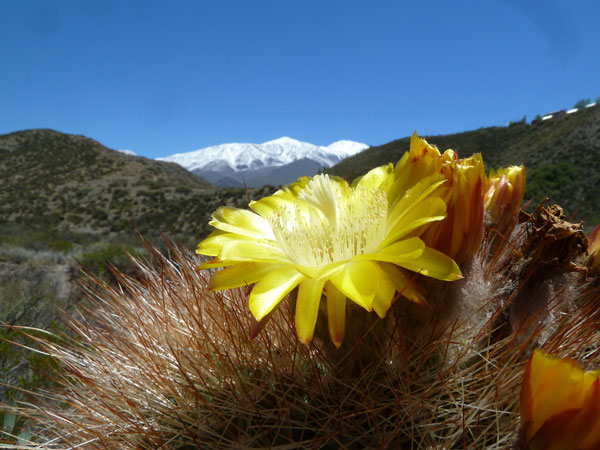
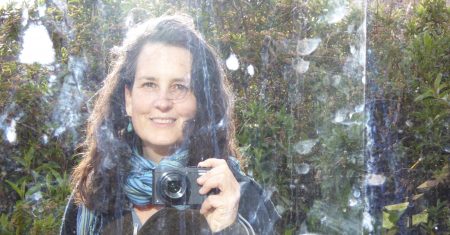
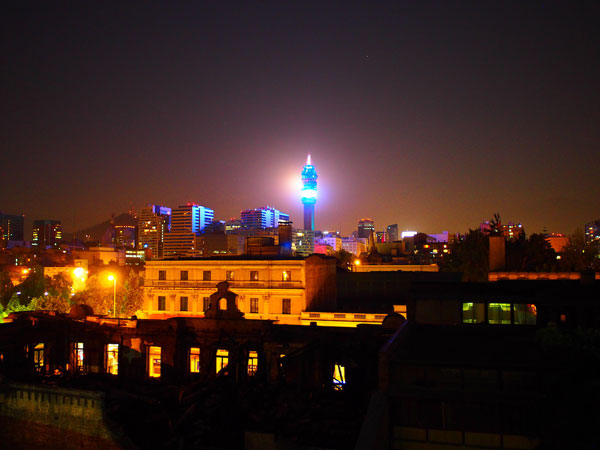
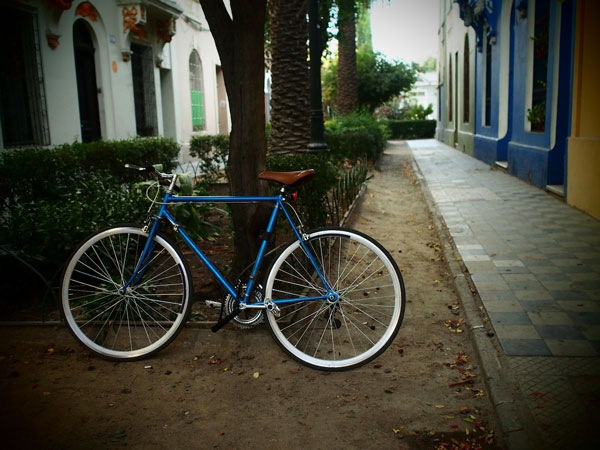


Glad to see you made it home safely, though the pecans did not. You’re missed!
The rules to deal with SAG are as it follows:
1) Know your facts: http://www.sag.gob.cl/portal/page?_pageid=168,5951162&_dad=portal&_schema=PORTAL
has a list of all the products you can bring with you
2) ALWAYS declare said products and if you have any problems, repeat the contents of that webpage like a mantra (my dad has gone as far as calling their resident veterinarian just because he knows his facts)
3) Be very, very nice and conversational when they open your bags
4) Anything doubtful (but please, be careful with the seeds) will have to be very, very hidden. And that's when following the rules and being nice fall into place: the barely acknowledge you.
I'm shy and just go trough the motions: they check everything I'm carrying. My mom is all nice and chatty and always has all the legal foodstuff in accessible places, so she can show and smile and they just do a superficial look and it's done. No touching, no checking her other bags. Nothing.
Remind me one day to tell you the tale of how my great aunt could have gotten all arrested because she didn't know there were certain things you couldn't take out of the country just because.
Ouch, pecans would have been nice to have. Can you have them mailed to you?
Cheers, Shelagh
Hola, Eileen.
I found you through adventurejournalist.com because I saw that you’re in Chile. I’m moving to Santiago de Chile at the end of December. I look forward to reading more of your posts.
Suerte!
The standards at the airport seem to be much tougher than those at land borders. We brought in peppercorns (we asked first) through a land border in September and they said no problem. A friend got fined a lot of money for two small jars of commercial, sealed peppercorns coming through the airport. They said they were seeds. The lesson is to declare ANY food and let them decide what is OK. As long as you declare things you will not be fined.
I am pretty convinced that the only consolation for having the crappy, crappy job of lightening visitors’ loads is that somewhere, in the bowels of every airport, there are AMAZING picnics happening. There’s a secret lunch room, and it’s like heaven.
The “problems” people face when entering Chile and passing the custom control are all to keep the high standards of Chilean products. Since around 25% of the country’s GDP depends on agriculture, wine, fishing or meat production it is not strange that border control tries to avoid any threat to that. It might not seem that important for somebody carrying a small seed, but for instance we had the case of the ISA virus which totally devastated the salmon industry, causing a lot of unemployment and a lot of problems. The ISA virus is not native to Chile and was introduced. We are also the only country that is phyloxera free in the wine producing world and we want to continue that way. Next time you bring something to Chile and it gets retained at the border, please think of all the jobs that can be threatened because you are bringing “just a small thingy” from home.
@ Carlos, I do not deride SAG in any way. There is a strong agricultural element to the economy and they have every right to control what comes in the borders. It is worth noting that in the five years that I’ve been coming and going from Chile (also due to the good graces of the Chilean government), the application of the rules has grown much stricter at the airport.
note also, I said, “I don’t think much about,” not “I don’t think much of,” which would be that I think little of them, as opposed to thinking about them only a little, which is what I was saying.
Thanks for commenting.